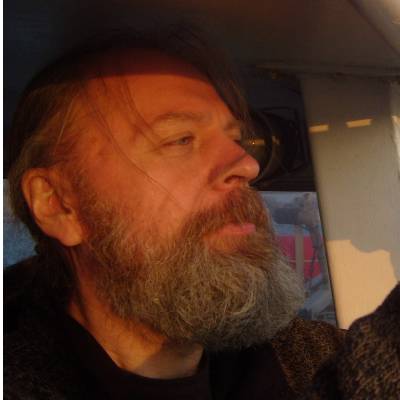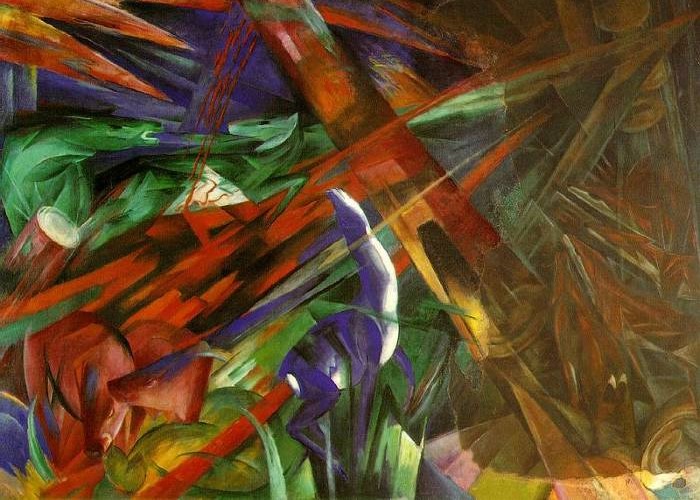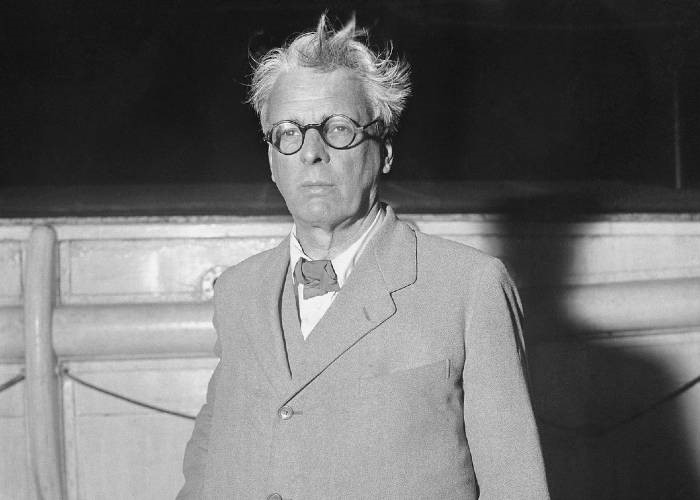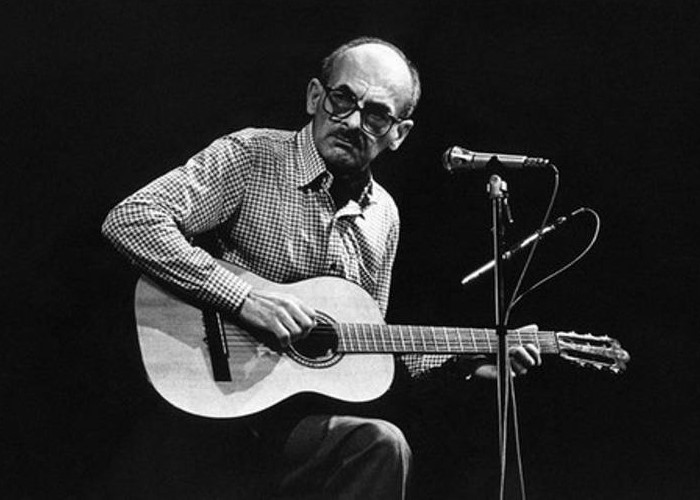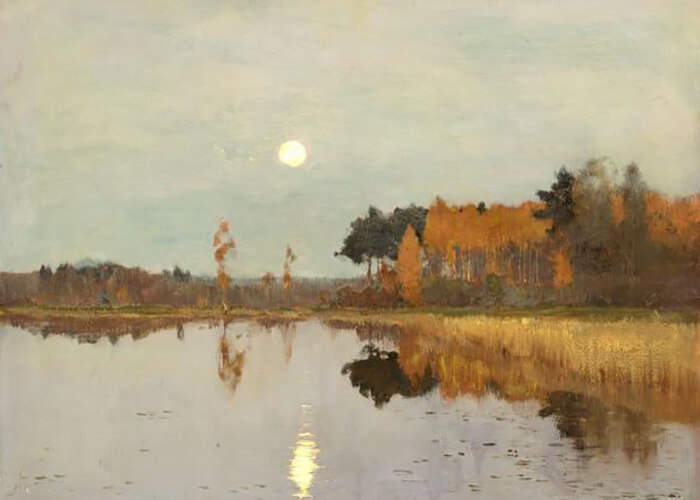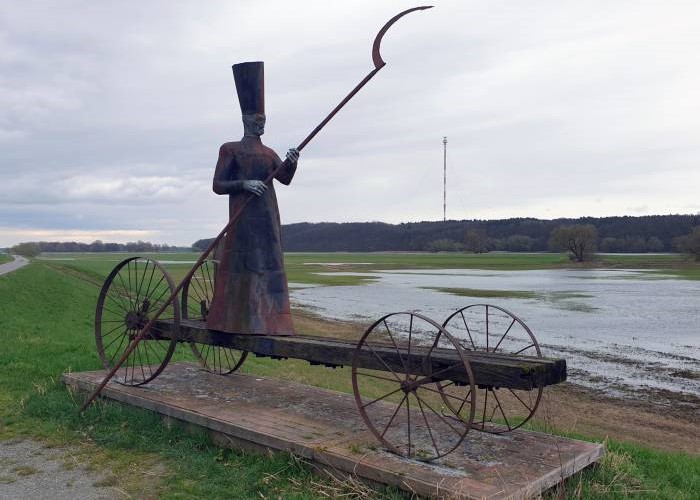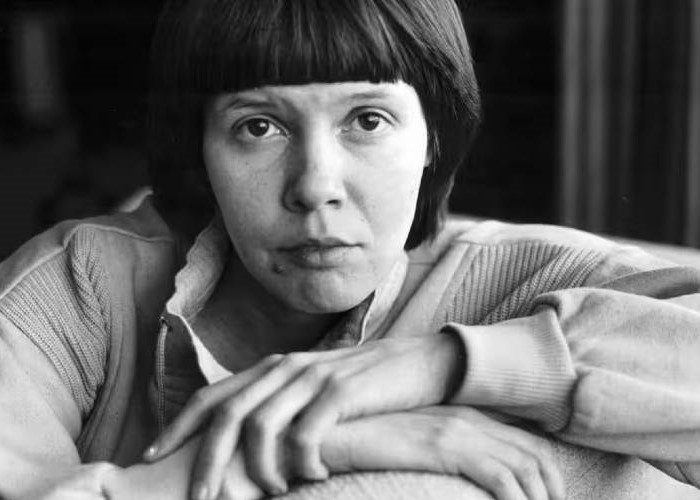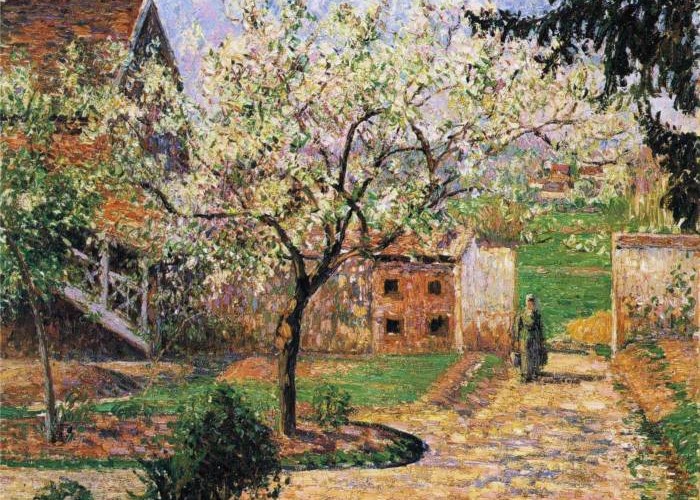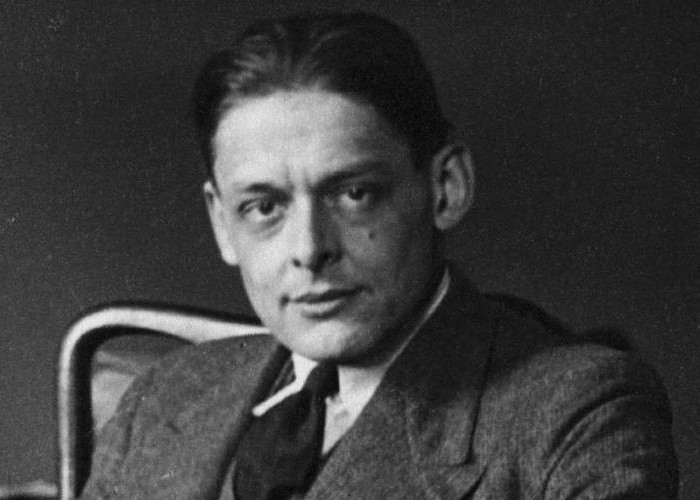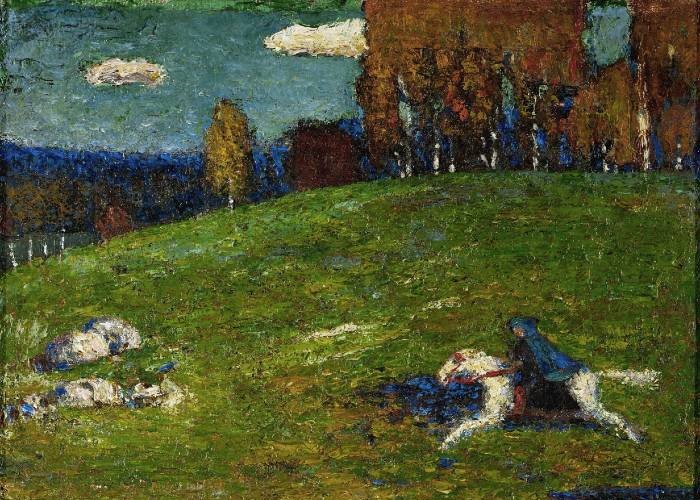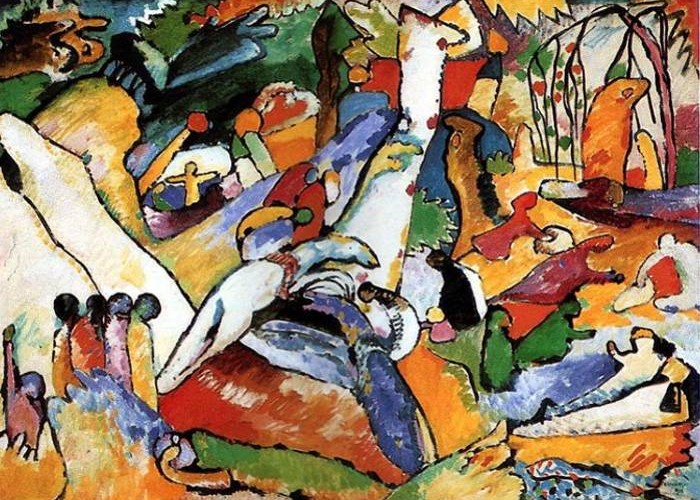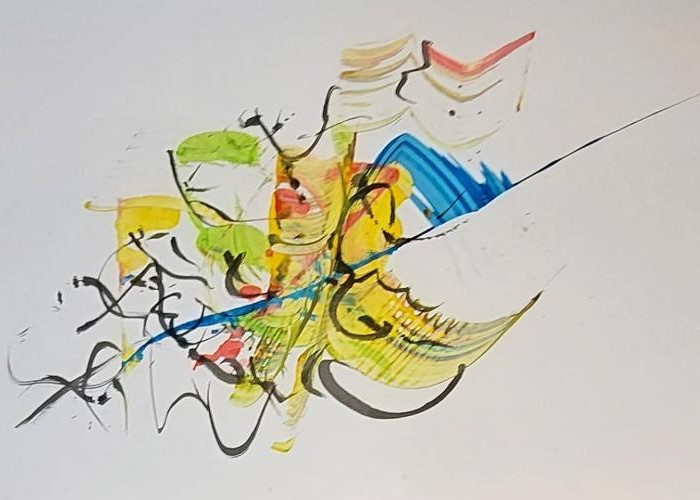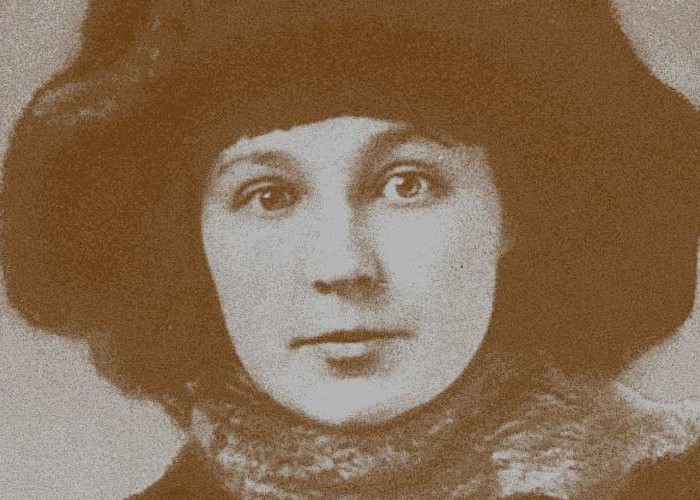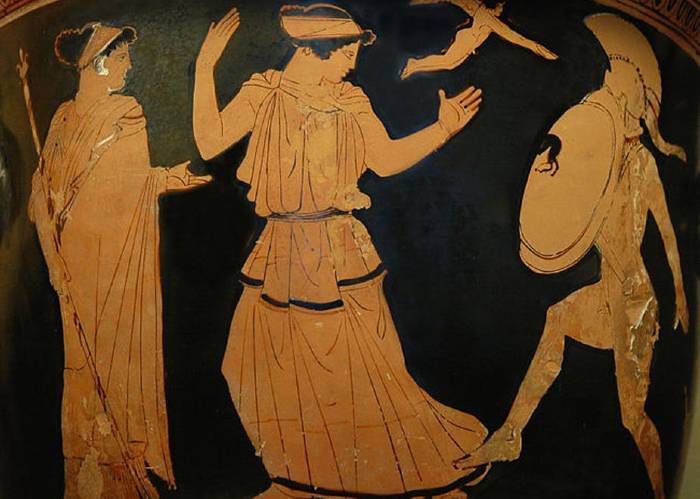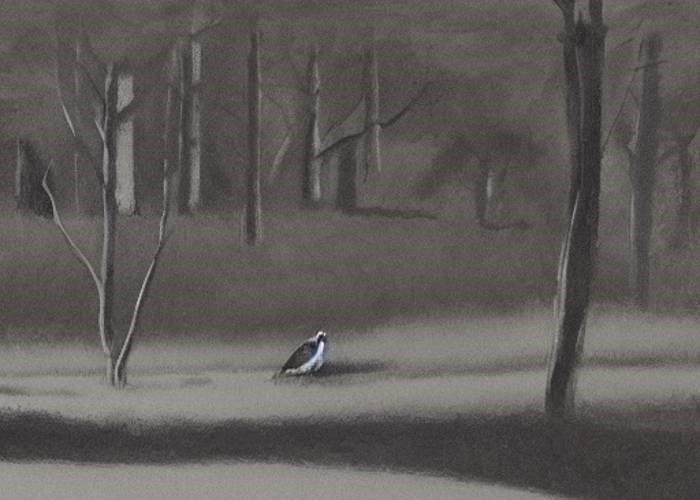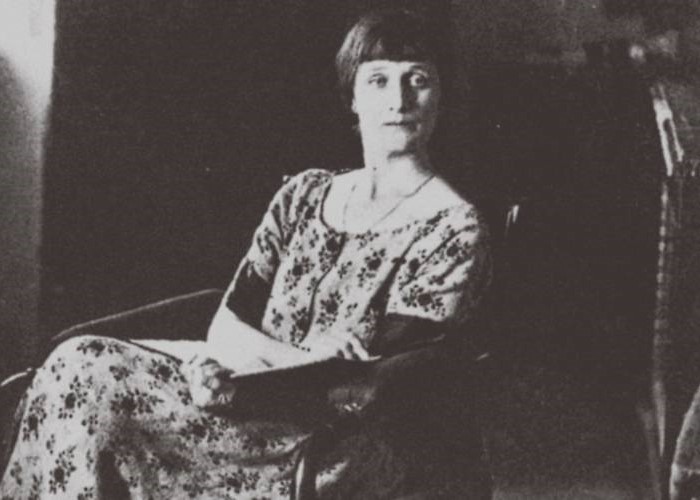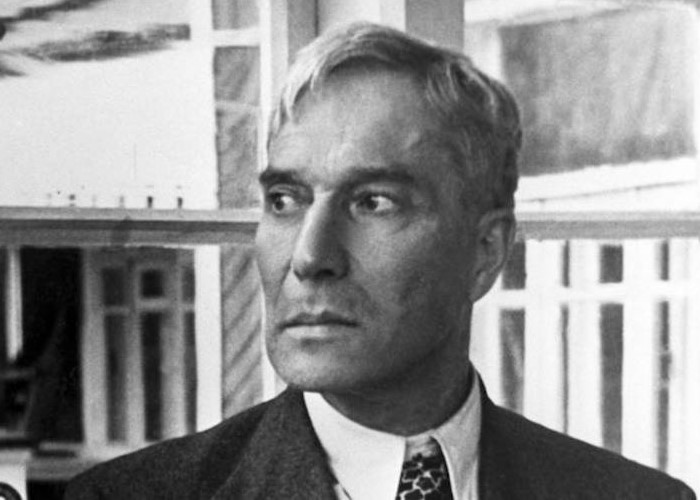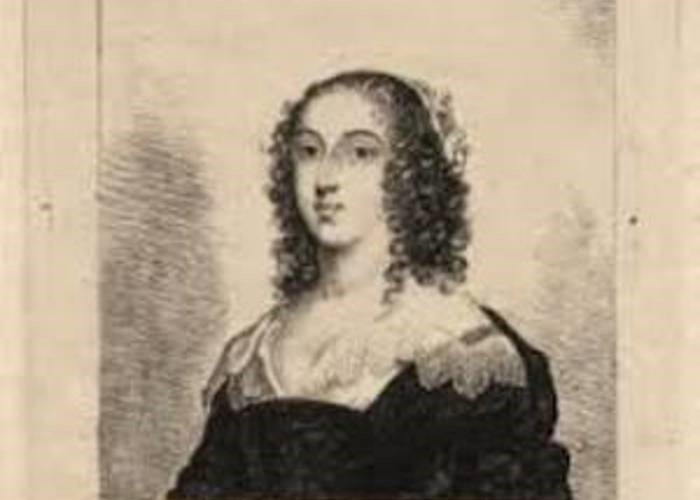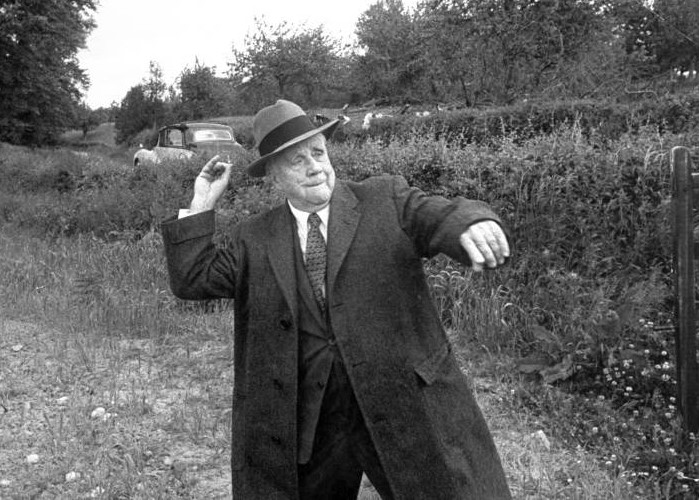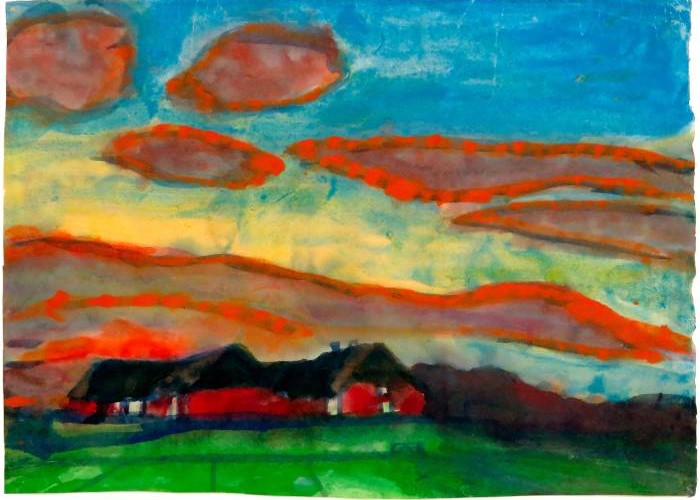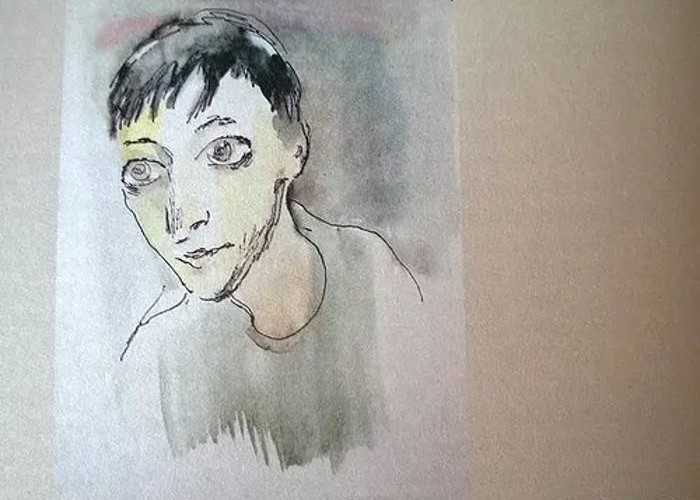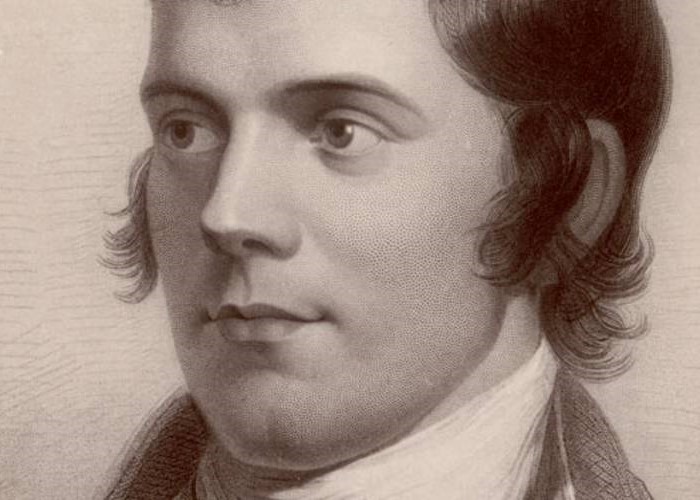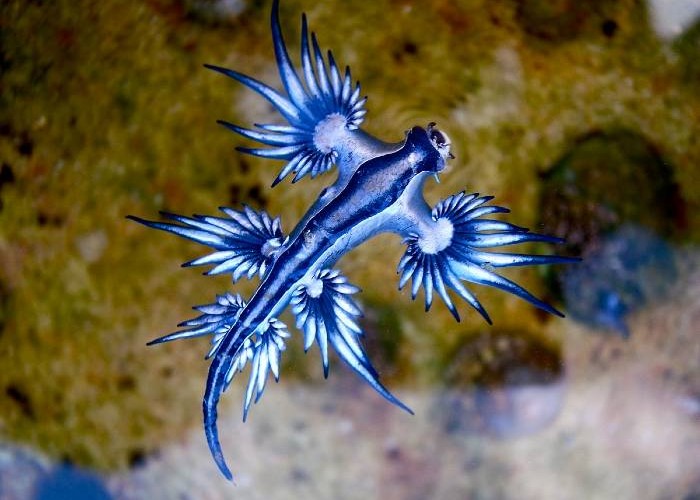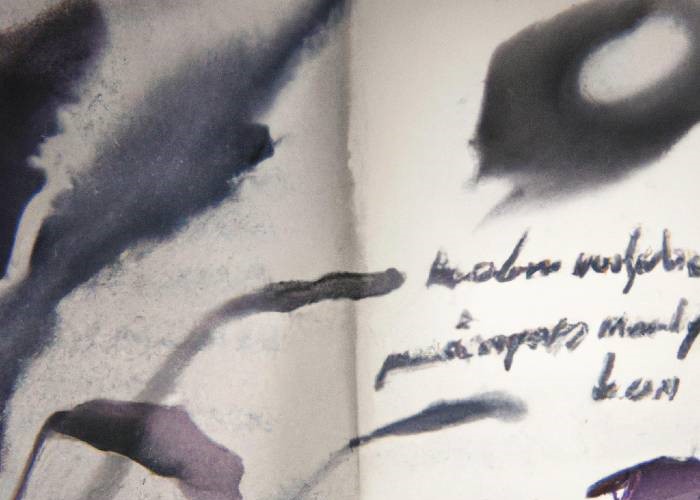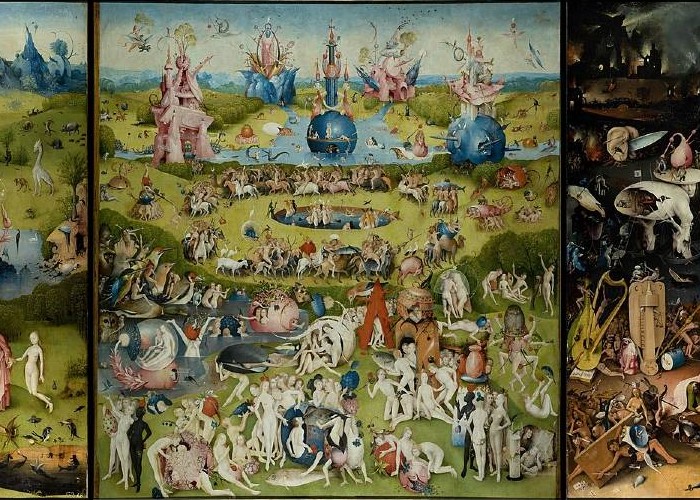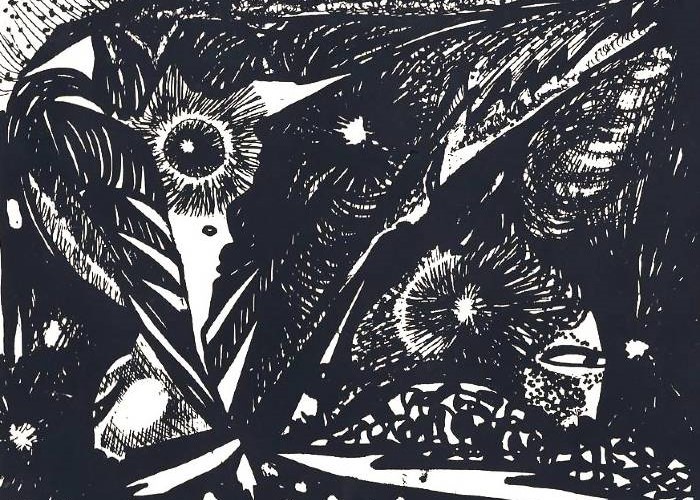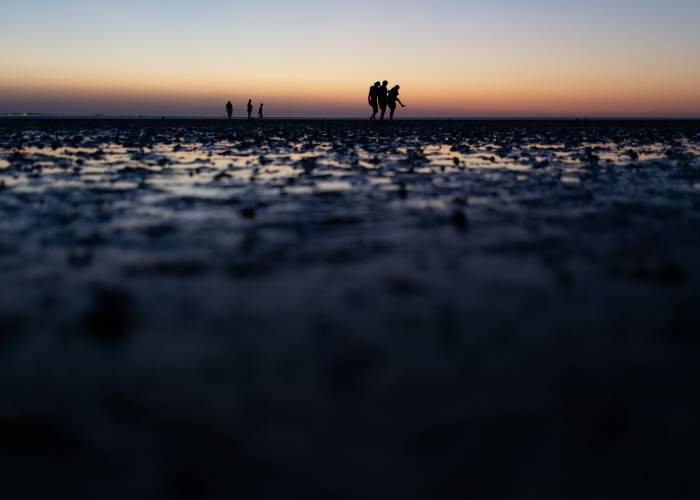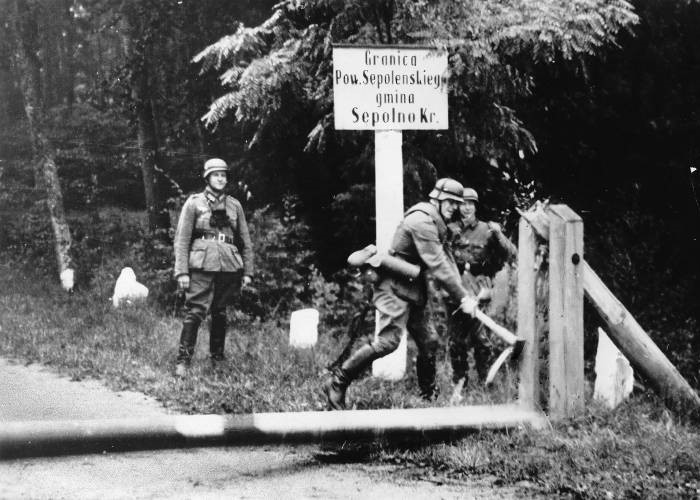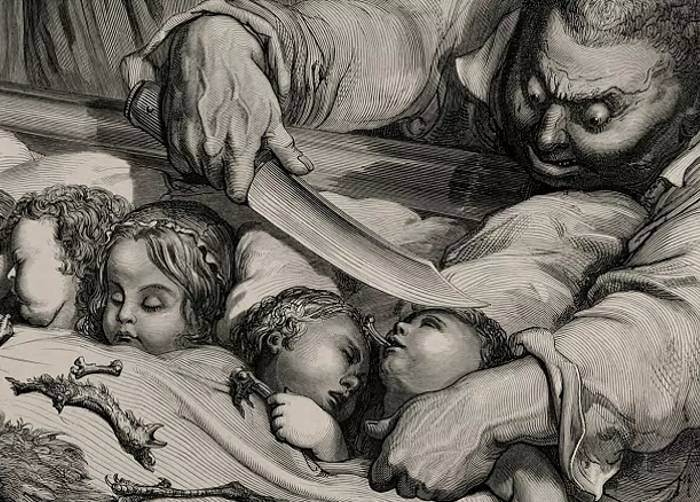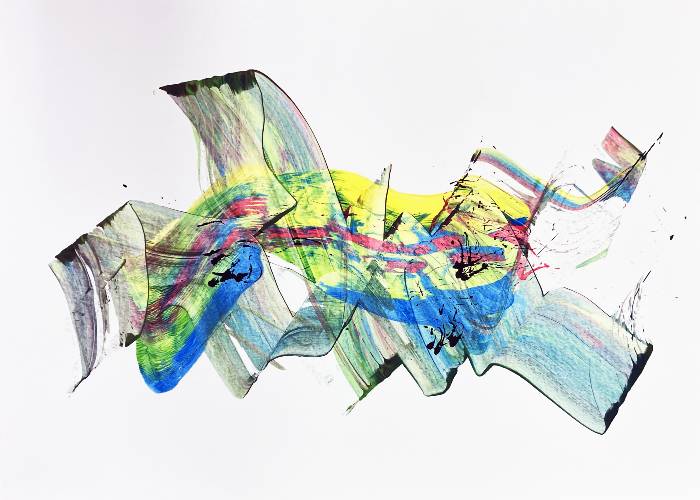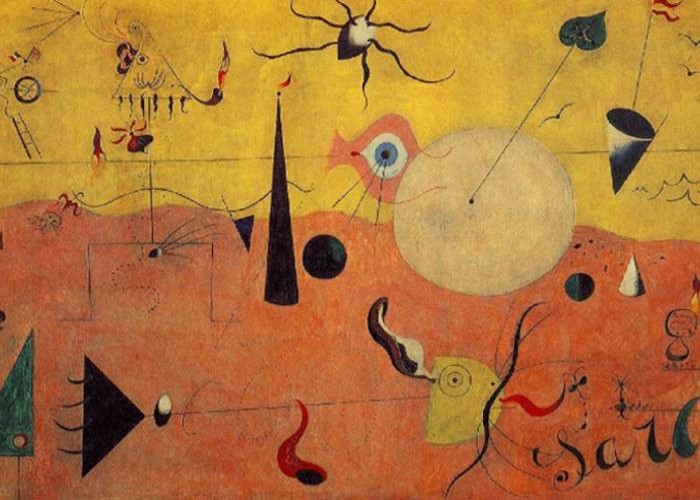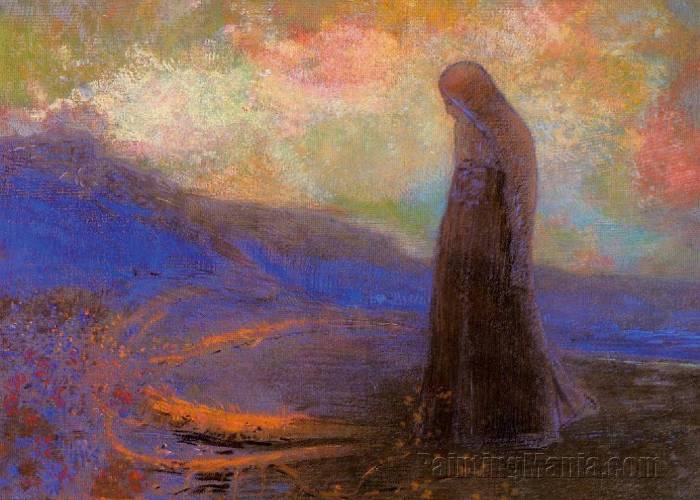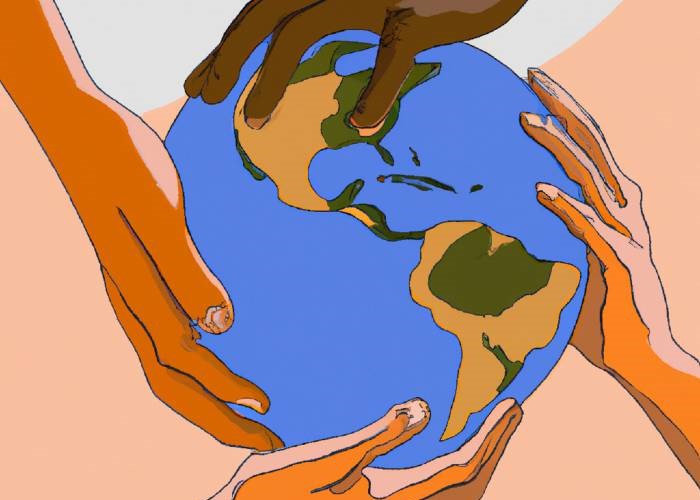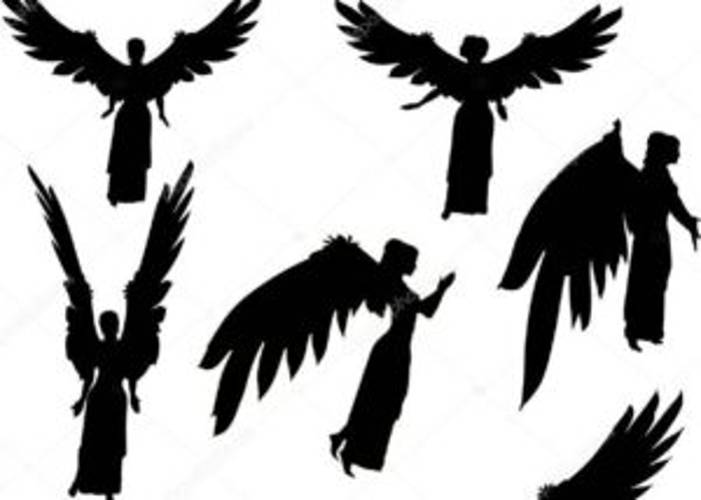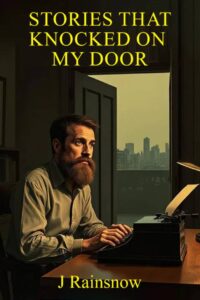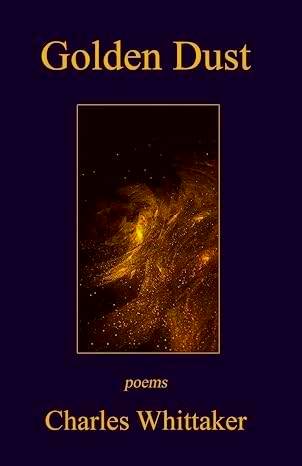You say:
even though the temple is destroyed and there is no trace of it left,
above the altar
stands a patient angel
waiting for changes.
I say:
add to this angel with tidings,
dreams and errands
that crisscross the city
in every direction,
angels accompanying
our ridiculous chariots,
and angels
flying at everyone’s shoulders…
It is a small world, and if you look closely,
it is crowded
with invisible wings and other iconography:
scrolls, staffs, white chitons,
caring hands,
now strong, now gentle.
* * *
If I could, I would drink this summer,
As they probably drank in the olden days,
With my head tilted back
And my greedy lips to the cup.
I would pass the cup around
As they used to do in the olden days,
From hand to hand at a friendly feast,
So all my friends might have theirs.
I’d drink, mingling sadness with merrymaking,
I’d listen to the songs and look at the stars,
And my thoughts would be a swarm
Of honey bees, their wings tinkling.
And one of them would sting me in my heart,
And my heart would choke with poetry…
If I could, I would drink this summer,
As they used to drink a farewell goblet
at a funeral feast —
Without wiping tears from my cheeks,
On a long journey from which there is no return,
Seeing off a friend or a brother.
* * *
PETER AND PAUL
This Saul is angry beyond measure, they say!
A bookworm and a saint! Just a boy, but holier than holy patriarchs!
A Pharisaic seed! Dog! Bastard of vipers!
How to dodge his sting,
How to escape his evil claws?
It would be good to go north, home,
with my brothers to fish and pray…
But these – if you happen to run into them,
They’ll rip off your clothes and beat you, you won’t get up.
Help me somehow!
Only sunshine and white dust on the road.
So how to do this thing – to go and hug brother Paul?
* * *
don’t be sad
don’t be brokenhearted
the hand writes
words go west
roads head east
sultry skies
burning land
dusty convoy ahead
through the iron bars of days
no way back to the Bosphorus
no radiant eyes to see
don’t be sad
love is everywhere
and its golden threads
and the sun too
the same sun above us
at different ends of the earth
_________________________
* St. John Chrysostom “Letters to Olympiad”
